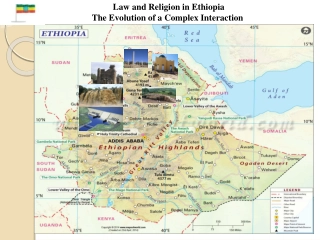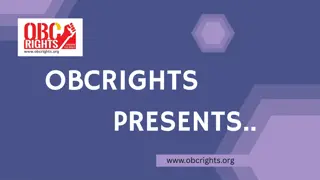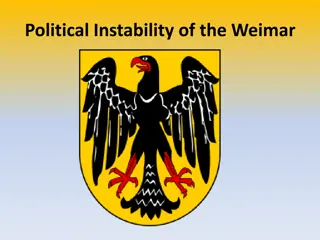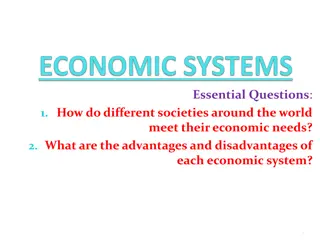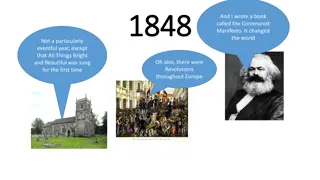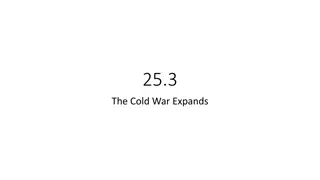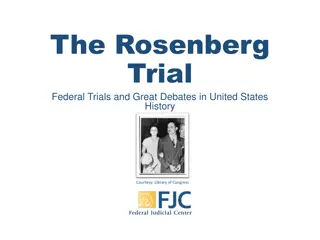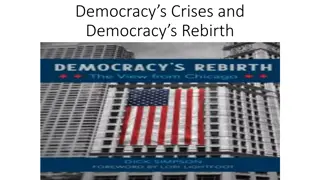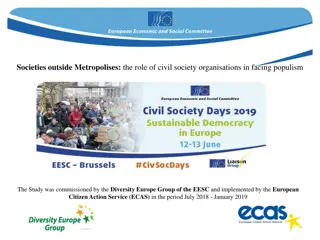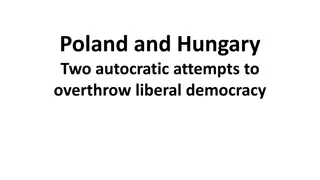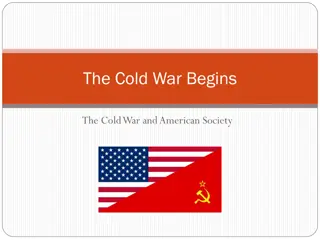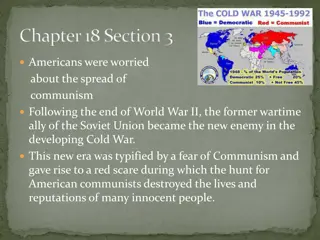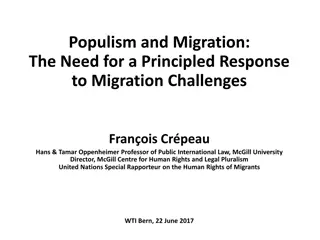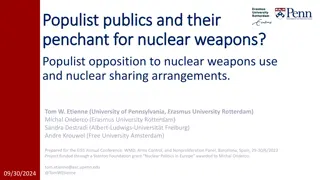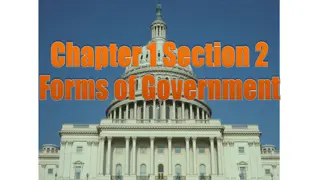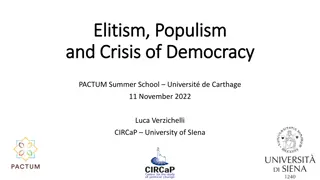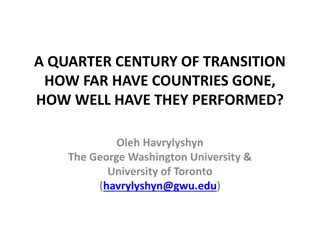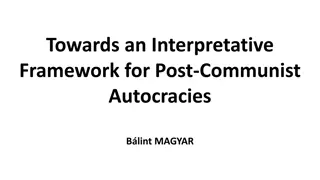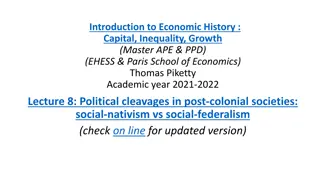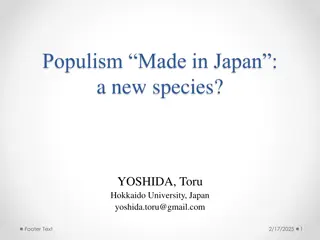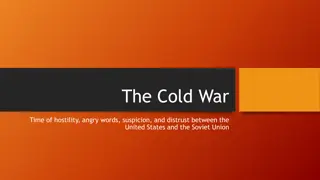
Understanding Populism in Post-Communist Patronal Autocracy
Explore the concept of populism within post-communist patronal autocracy, delving into its ideological roots, extremist political actors, and the six key elements that define populist movements. Learn how populism manifests as a tool for morally unconstrained collective egoism, challenging traditional norms of governance and legitimacy.
Download Presentation

Please find below an Image/Link to download the presentation.
The content on the website is provided AS IS for your information and personal use only. It may not be sold, licensed, or shared on other websites without obtaining consent from the author. If you encounter any issues during the download, it is possible that the publisher has removed the file from their server.
You are allowed to download the files provided on this website for personal or commercial use, subject to the condition that they are used lawfully. All files are the property of their respective owners.
The content on the website is provided AS IS for your information and personal use only. It may not be sold, licensed, or shared on other websites without obtaining consent from the author.
E N D
Presentation Transcript
Populism in Post-Communist Patronal Autocracy B lint Magyar (based on B lint Magyar B lint Madlovics. The Anatomy of Post- Communist Regimes: A Conceptual Framework. Budapest: CEU Press, 2020.)
Populism is an ideological instrument for the political program of morally unconstrained collective egoism. an ideological instrument for the political program of morally unconstrained collective egoism. replacing legal-rational legitimacy with substantive rational legitimacy open selfish- ness victimhood (fear, hate) imaginary community (the people, the nation etc.) populism
Extremist political actors Ruling (dominant) party Ideology driven Ideology applying believer fanatic, emotional value coherence ideologically consistent ideological determination both protected group and stigmatized group are stable hate actions and crimes utilitarian cynic, rational functionality coherence ideologically inconsistent utilitarian determination protected group is stable, stigmatized group is variable fear campaigns
The six elements of populism 1. the populist positions himself as the true representative of the people (reliance on popular sovereignty); therefore he does not enter the discussing phase of public deliberation as he does not accept views different from his, or from that of the people, as legitimate (anti-pluralism); therefore he denies the structured institutions of mediation of the popular will and declares himself a direct representative of the nation and its common good (plebiscitary nature); therefore he argues institutions must serve a substantive goal, meaning any state institution or law is to be upheld only if it serves the common good defined by the direct representative, the populist and can be overridden if it does not serve the common good (majoritarianism, disrespect for rule of law); therefore he attacks those against the substantive goal he set, typically (a) the prevailing establishment it is the opposition of or (b) old establishment it has replaced and which is also associated with institutional checks and balances (anti-elitism); therefore he steps up polarization in the polity, meaning that he presents the cleavage between those for and against the substantive goal unbridgeable and, if the populist gets to power, those against the common good or those who would constrain his action are excluded from the nation in general and from those under the state s moral obligation in particular ( us versus them rhetoric). 2. 3. 4. 5. 6.
Stigmatized groups criteria to meet the needs of ideology applying functionality Cleavage dimension (potential for distinguishing them and us ) Fear Capacity of voice Ideological instrument generating potential Ethnic Language Cultural tradition Religion Social status Health condition Unemployed X X XX Lack of solidarity Critical intellectuals X X XXX Anti-elitism Homeless people X X XX XX Lack of solidarity Jews X X X XXX XXXX Anti-Semitism Romas X X X X XXXX XX Racism Migrants X X X X X X XXXXXX X Xenophobia Legend: : facilitating factor : hindering factor : ideological carrier
Applied ideology: political functions of ideological panels used by the ruling party Slogan The phenomenon the slogan refers to Function Stigmatized groups Moral position (i) Depriving opponents of moral acceptability (ii) Making competing policies undisputable DISPUTE Atheists, liberals, etc. God Adopted political family (political-economicclan) (i) Excluding opposition from the nation (ii) Eliminating public accountability of the rulers SCOPE Opposition parties, civil society (NGOs, intellectuals etc.), international organizations, etc. Nation Patriarchal family (i) Stigmatizing alternative lifestyles (ii) Extending the cultural pattern of patriarchal domination to the nation DOMINATION Minorities (singles, LGBTQ, homeless, unemployed etc.) Family
The moral trap of populism Populism offers problem solving without moral constraints Dogmatic liberalism offers moral constraints without problem solving

